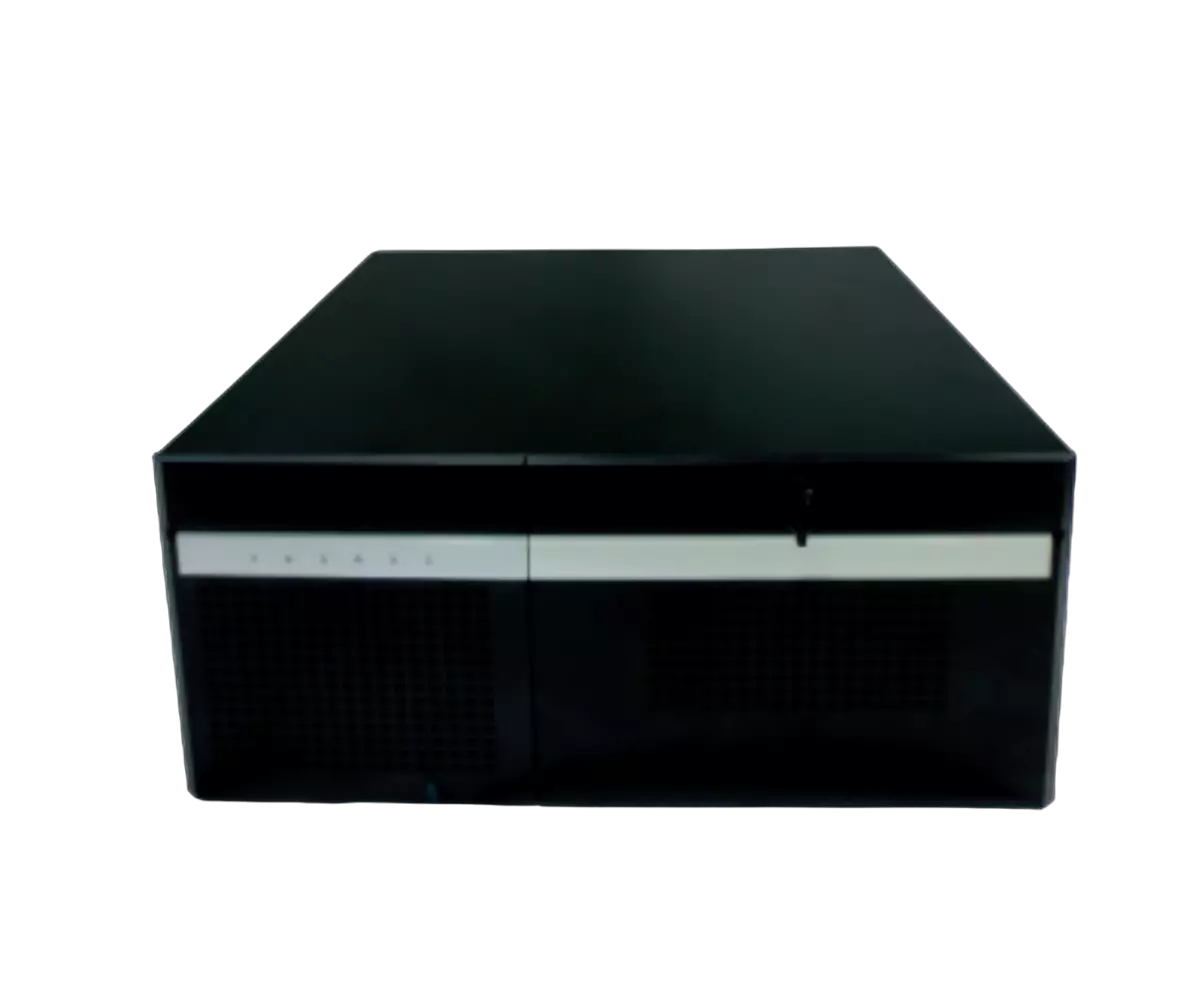
Pipeline
CHOWKIDAR emits a laser pulse down a fiber optic cable to measure
vibration and temperature as well as the position of that vibration and
temperature.
Using a combination of Rayleigh backscatter, Brillouin Backscatter* and time of
flight, CHOWKIDAR determines the presence, location, intensity
and frequency of vibrations and temperature changes along an optical fiber in real
time.
Rayleigh Backscatter responds to physical vibration imparted on the fiber by
disturbances to the application. TTSPL’s signal analysis software
allows CHOWKIDAR to quickly determine the most likely origin of the vibration and
report any erroneous signals to maintenance personnel of
potential issues with the pipeline.
Brillouin Backscatter* responds to shifts in environmental temperatures and is used
to detect the temperature drop associated with the
reduction in fluid pressure caused by the leak taking advantage of the Joule-Thomson
effect.
Applications of Pipeline
Installation locations:
- Oil (Crude of refined)
- Gas (any type)
- Chemical
- Mining tailings
- Water/waste water
- Brine
- Slurries
- Steam
Possible applications:
- Buried pipelines (any depth of cover)
- Unburied pipelines (on supports or laid on ground)
- Any fluid (gas, oil water or chemical)
- High or low pressure
- High or low temperature
- Hazardous applications
- Corrosive applications
Functions of Pipeline
TTSPL’s CHOWKIDAR System continually monitors large spans of pipeline looking for
vibration and temperature changes, once found the system
confirms the alarm and reports them both visually and digitally so that existing
site Distributed Control Systems (DCS) can be used to raise an
alarm with a maintenance or operations team.
CHOWKIDAR can be thought of as acting as a series of microphones and thermometers*
along the fiber recording in real time. The System
analyses enormous amount of data using ultra fast Field Programmable Gate Array
(FPGA) architecture to give real time feedback on the likely
origin and type of the disturbance. Utilizing proprietary pattern recognition
software and multi variable sensing CHOWKIDAR reduces the
incidences of false positives normally associated with other Fiber Optic
Sensors.
CHOWKIDAR’s fast processing speed and pulse rate allow it to detect minute
interferences that may otherwise go unnoticed. Some examples of
detectable activities include:
- Pipeline leakage
- Ground disturbance
- Manual excavation
- Machine excavation
- Vehicle movement near pipeline
- Hot tapping and/or theft
- Seismic activity

